Black Graduate Scholar Award in Geography & Planning
To be awarded to students who identify as Black. Priority will be given to students who do not hold major scholarships, and who have not previously received departmental awards.
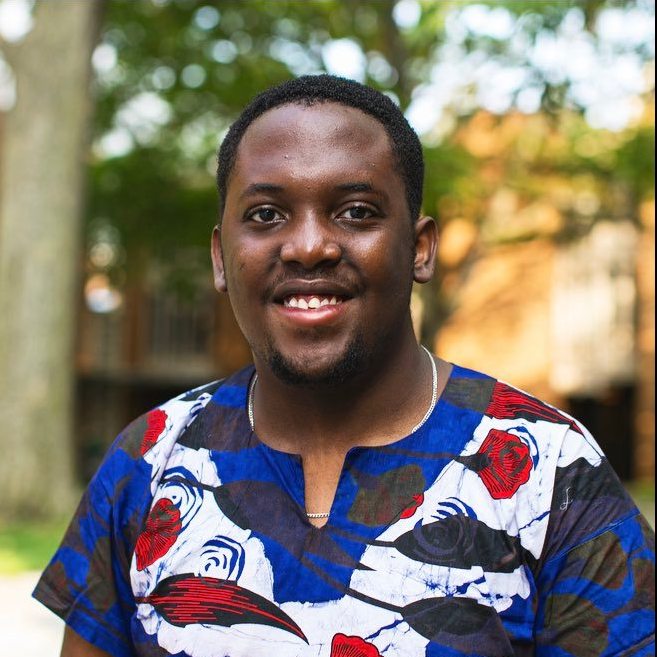
Mobólúwajídìde D. Joseph
Mobólúwajídìde (Bo) D. Joseph is a first-year M.A geography candidate whose work is attentive to the practice and effects of surveillance on Black Canadian communities in Toronto. His work draws on scholarship around spatial phenomenology and visual representations of Blackness in Canada, as well as the subfields of legal geography, urban geography, and infrastructure studies. His thesis is concerned specifically with the terrain of Toronto’s public parks and the surveillance, regulation, and policing of Black people’s interactions with them. Bo is also a Junior Fellow at Massey College.

Nokuzola Songo
My proposed doctoral research aims to explore the missing link between Transitional Justice (TJ) policy and community implementation during post-conflict reconstruction in the context of internal displacement. The goal is to elaborate on whether, and to what extent, the internal displacement burden can be mitigated via existing or novel TJ mechanisms or not, by highlighting the geopolitics and patterns of reintegration through the lens of Postcolonial Intersectionality, Feminist and Political Geography frameworks.
Donald F. Putnam Scholarship
Established in honour of the late Professor Donald Fulton Putnam, the Department’s Chair from 1951 to 1963, this scholarship is awarded annually to graduate students concentrating on physical and environmental geography.

Casey Loudoun
My research focuses on how climate change is affecting nutrient loading into the Bay of Quinte, an embayment north of Lake Ontario. This Bay has historically struggled with eutrophication issues and this work will highlight the importance of proactive non-point source management practices to reduce the impact that climate change will have on nutrient loading.
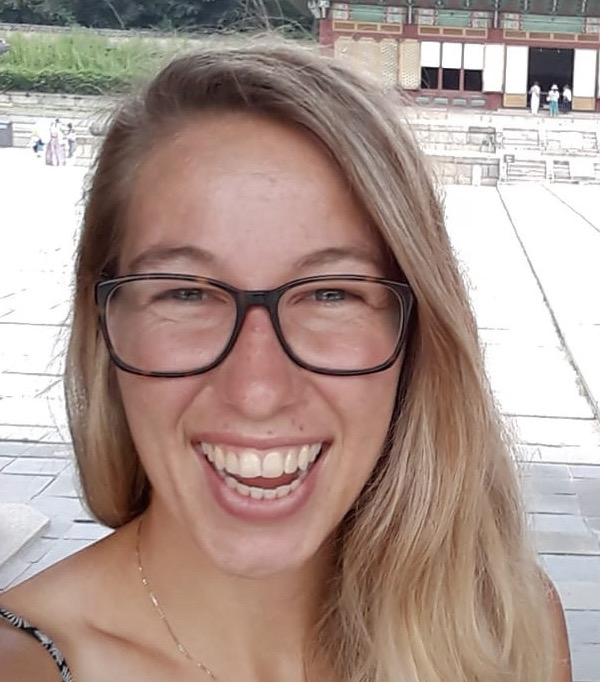
Victoria Nimmo
Victoria is a third year PhD candidate in Physical Geography, where her work focuses on plant soil interactions within organically managed environments. Specifically, her current research seeks to examine the extent to which crop domestication has impacted a plant's ability to acquire soil resources, analyzed through changes to root functional traits and microbial relationships. She has utilized both large scale field studies at the UTSC Campus Farm and smaller scale greenhouse studies at the St George campus in this pursuit to aid in determining which plant traits may be most beneficial within organic farming systems.
Geography & Planning Award for Black Students
To be awarded to students who identify as Black. Priority will be given to students who do not hold major scholarships, and who have not previously received departmental awards.
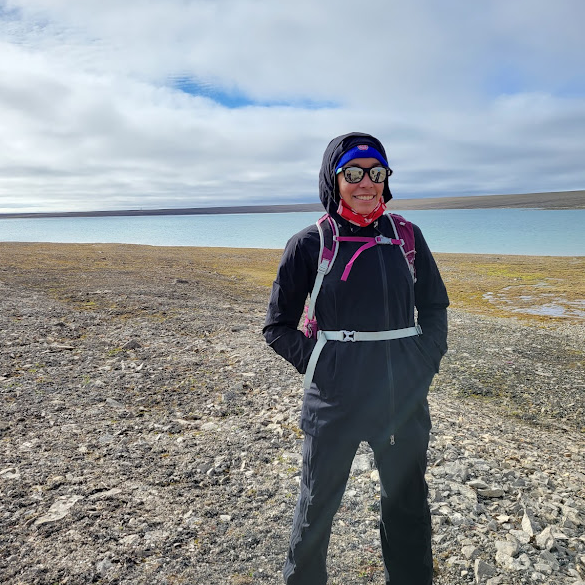
Brianna Lane
Brianna’s research interests include lake ice climate interactions, cryosphere research, and climate change. Her Master’s research will focus on changing snow and lake ice using in situ monitoring with digital camera imagery in the Central Canadian High Arctic. Brianna aims to develop a feasible method for snow and ice data quantification using ground-based cameras. Her study will examine recent variability in snow and ice phenology and compare this variability to longer historical changes in the study region.

Jandell-Jamela Nicholas
My research engages the experiences of Indigenous and Black women survivors of domestic abuse within the spaces of emergency shelters in Toronto. My work investigates how Indigenous and Black women who survive inter-partner violence and who temporarily reside in emergency shelters in Toronto can help to inform the planning and design of shelters as spaces for healing, self-determination and empowerment.
Roxana Escobar Ñañez
Roxana Escobar Ñañez is an Afro-Peruvian Ph.D. candidate in Human Geography. She also holds a B.A. in Philosophy and a M.A. in Political Science by the Pontificia Universidad Católica del Perú, and M.Ed in Social Justice Education from OISE-UofT. Roxana’s research focuses on the places Afro-Peruvian women hold in Lima’s sonic landscapes. With her project, Roxana seeks to contribute to the geographic knowledge production about Black womanhood in Latin America.

Olivia Bernard
Olivia's research investigates the experiences of Black girls in the Toronto education system. Her project’s main aim is to explore the processes of marginalization that include racial stereotypes, streaming, de-streaming, disciplinary actions, class, anti-Black curriculum, and resistance culture. Existing literature demonstrates that the education system in Canada assisted in creating and maintaining policies and procedures that discriminate against Black students while reinforcing negative stereotypes against the group. The topic is important because there is an urgent need to understand the changing ways in which Black girls face discrimination in Toronto and its impact on their educational trajectories.
Omobolanle Oshinusi
Bola’s research interests look at the political and socioeconomic feasibilities of using land use planning initiatives for implementing urban agriculture programs that utilize organic waste segregation in cities of the Global South. By engaging with policymakers, urban farmers and local homeowners in Lagos, Nige-ria, the project will assess how urban food security and climate resilience of the communities are affected, particularly in regards to rapid urbanization, urban population growth and solid waste generation. Should such initiatives be deemed to be feasible according to the community participants, recommendations will be provided for further improvement and development in line with the state’s sustainability objectives.
Graduate Geography Award for International Students
To be awarded to International students. Priority will be given to students who do not hold major scholarships, and who have not previously received departmental awards.
Bochu Liu
As a quantitative health geographer, Bochu Liu develops novel computational approaches to addressing the complex ways individuals interact with the urban environment and the impacts on population health and society. To disentangle the complexity of individuals’ dietary behaviors from the time-geographic perspective, his recent work investigated how activity sequencing affects individuals' engagement in a series of dietary activities such as food purchasing and cooking and examined how intra-household coordination confounds the relationships between time use and food behaviors. His work provides novel approaches and empirical evidence for designing the built environment and behavioral interventions that promote healthy eating in cities.

Hanlin Zhou
Hanlin Zhou likes to link GIS, RS, and CS techniques or data to human activities, such as health behavior, crime problems, and economic issues. Outside of academia, he does enjoy video directing and editing.

Shiba Desor
Shiba is in the second year of her MA in Human Geography. In her MA thesis, she explores the ways in which notions of activism can be extended through a relational ontological perspective. She uses an autoethnographic approach to consider the role of affective encounters in shaping activist subjectivities. Before joining this program, Shiba has worked with several NGOs and grassroots organizations on a range of issues including forest governance, local livelihoods and food diversity. Her research interests lie at the intersection of environment, emotions, and stories.
The George Tatham / Geography Alumni Graduate Scholarship
This scholarship is for graduate students in the Department of Geography and Planning, on the basis of academic merit.

Beibei Zhang
Beibei’s research interest is on understanding housing under a capitalist economic system, in particular by applying conceptual apparatus and analytical approach from Marxian political economy. Her PhD dissertation explores how the rise of financial capitalism has changed the modes of housing consumption, with a special focus on the changing meaning of housing tenure and the roles of multi-scalar states in this process. The dissertation includes three studies respectively on the financialization of affordable housing in Toronto from a multi-scalar governance perspective, the changing meaning of housing tenure under financialization, and theoretical understandings of the financialization of housing process and the roles of multi-scalar states in this process.
Graduate Alpar Scholarship
This scholarship was established in honour of the late Zehra Alpar, the Department’s student advisor from the 1960s through 1990s. Created by friends, colleagues and alumni upon her retirement in 1994, this award is given to outstanding students who have made significant progress in completing their degrees.
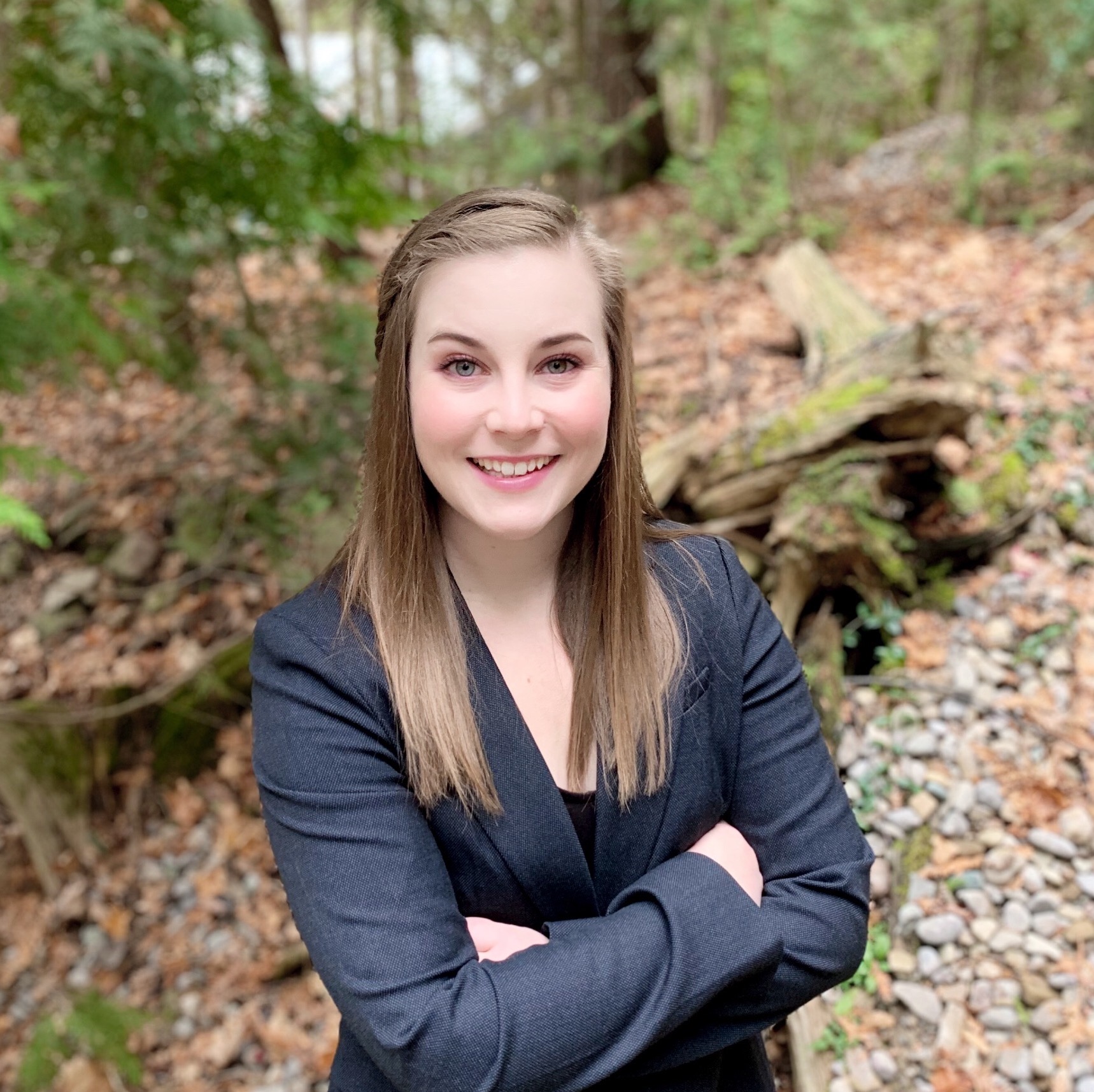
Kerstyn Lutz
Kerstyn's research focuses on children's exposure to air pollution and how it affects cognitive functioning. Increasing evidence links air pollution exposure to impaired cognitive functioning. Although this evidence is mounting, air pollution varies across space and time, and most of the research done within a Canadian context has focused on adult physical health issues. Children are more susceptible than adults to the threats of air pollution. Almost 5 million Canadian children attend and commute to school, where they may be disproportionately exposed to air pollution. Kerstyn examines children's exposure to air pollution during school travel and how it affects cognitive performance.
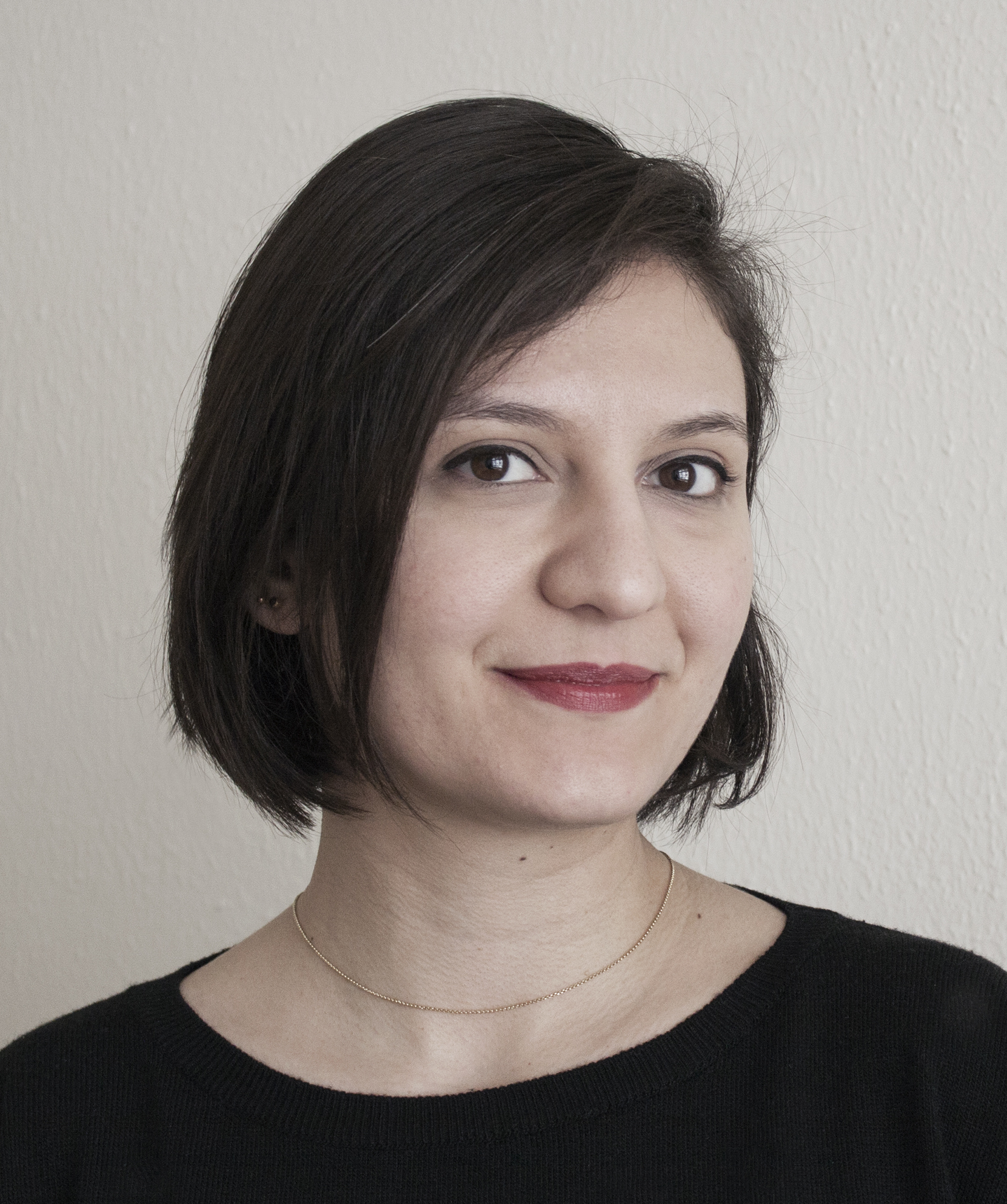
Diala Lteif
Her research focuses on the role of migration in the production of space, looking specifically at an urban historical study of the Karantina neighborhood in Beirut, Lebanon (1918-2018). Prior to her research in the urban field, Diala was an information and process designer with extensive experience in data visualization, community work, and field research. She is currently a Pierre Elliot Trudeau Foundation doctoral scholar and holds a Trillium award. She also has an MFA in transdisciplinary Design from Parsons the New School for Design which she pursued as a Fulbright scholar. Up until 2016, she served as full-time faculty and assistant director to the design department at ALBA (Académie Libanaise des Beaux-Arts), where she taught the global design studio to first year masters students and supervised MA thesis projects.
James T. Lemon Memorial Scholarship in Geography
To be awarded to a graduate student in urban and historical geography, with special consideration given to students whose research speaks to issues of social justice, based on academic merit and financial need.
Skye Roshan Collishaw
Skye's research interests concern housing accessibility, financialization of housing and socio-spatial polarization in Canadian cities. Skye previously worked as a land-use planner and policy advisor for the Province of Ontario, experiences that motivated her to investigate how precariously housed individuals can be better accounted for in urban planning policy. Skye's current research investigates the connection between park use and housing conditions for low-income renters in Toronto's St. James Town neighbourhood during the COVID-19 pandemic.
JBR Whitney Award
In establishing this award, the University of Toronto Association of Geography Alumni (UTAGA) recognizes Joe Whitney’s contribution as a founding member of UTAGA and his dedicated service to the Association. The award is given on the basis of academic excellence to a graduate student studying the environment or international development.
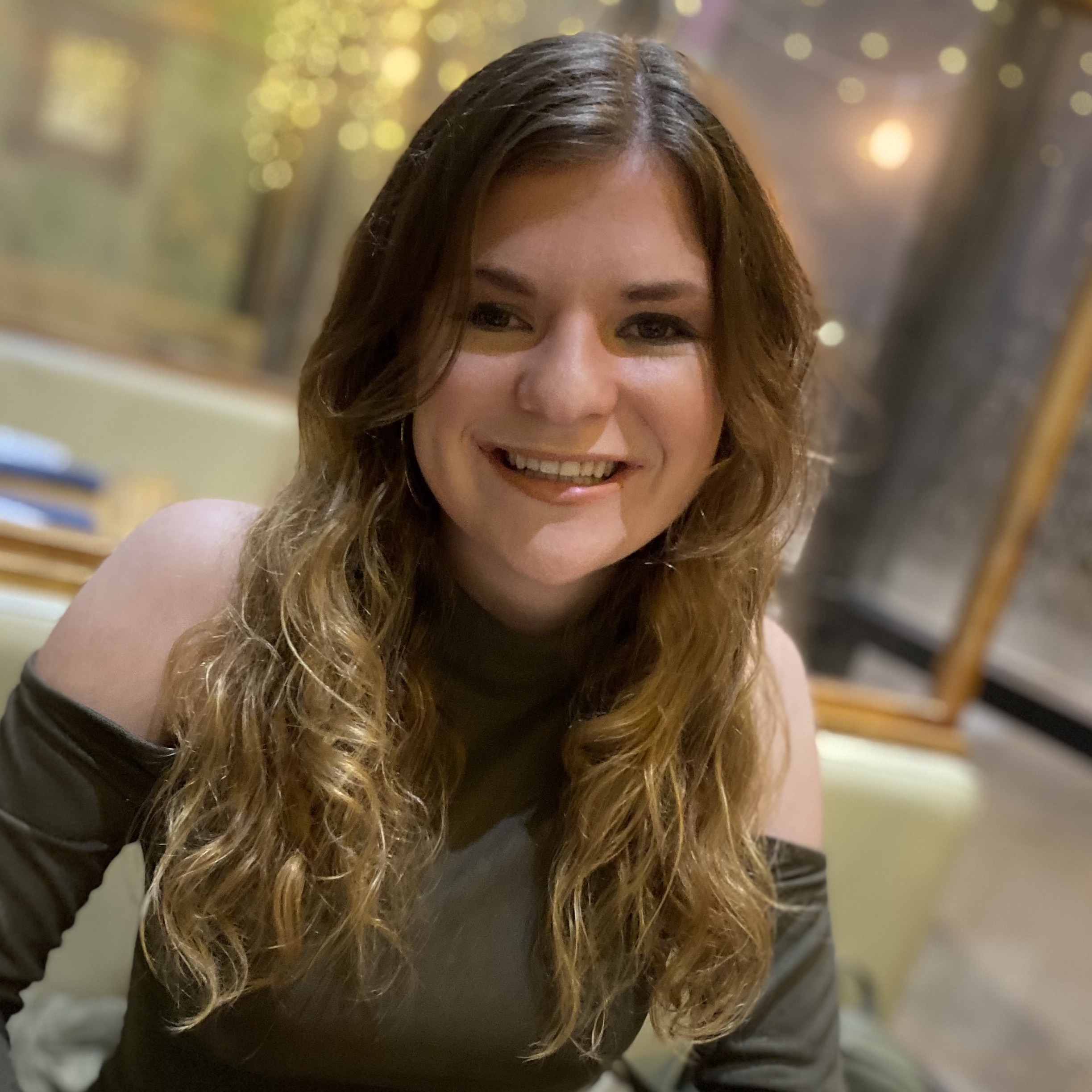
Kara Anderson
Kara's research focuses on the gendered effects of agro- industrialization in the Guatemalan Highlands, with particular attention to Maya women's care work. Her thesis calls into question the way Development continues to couch care work as disempowering by demonstrating how Maya women, in shifting aspects of their care work towards food sovereignty, are interrupting agro-industrial processes that violate and contaminate their communities. I draw on the Indigenous, feminist embodied ontology of cuerpo-territorio (body-land), which recognizes that violence against land is violence against women's bodies, and the concept of care to explore how women are using their care work to heal these two territories and renegotiate future relationships.
John D. Barnes Geodetic Sciences Fellowship
This award is given to a graduate student enrolled in a program in geography. Preference will be given to students who are doing graduate work in the field of GIS/Geomatics.

Alex Tabascio
Alex is a 2nd-year master's student with research interests in transportation equity, transit planning and spatial analysis. His thesis evaluates a proposed transit equity policy unveiled in the TTC's 5-year service plan & 10-year outlook to serve as a primary blueprint for service needs. Concerning transit equity, the TTC proposes using an improved transit onboarding weight of 1.25 per person within Neighbourhood Improvement Areas (NIAs) to augment service performance targets with the eventual goal of providing better service. Although this proposed measure can improve route prioritization, additional data-driven research is needed to compare different augmenting ridership options. In this project, Alex employs a data-fusion approach using the Canadian Census and Transportation Tomorrow Survey (TTS) to conduct a demographic analysis of Equity-Seeking Transit Riders (ESTRs) for work and non-work transit trips at the bus-stop level. Initial results find that within the City of Toronto, approximately 67 percent of all transit users are equity-seeking, and only 28.1 percent of these riders live within NIAs.
John Horner Graduate Scholarship in Geography
Awarded to a graduate student in the Department of Geography & Planning based on academic merit.

Gyoorie Kim
Gyoorie is a MSc student in Geography at the University of Toronto. Her research interests lie in the intersection of health geography, environmental health, sustainable development and spatial analysis. Her current research aims to utilize social media data to improve our understanding of the urban food environment in Toronto and to analyze the change in consumption patterns amidst the pandemic. She is particularly interested in understanding the perceived view of space at an individual level.
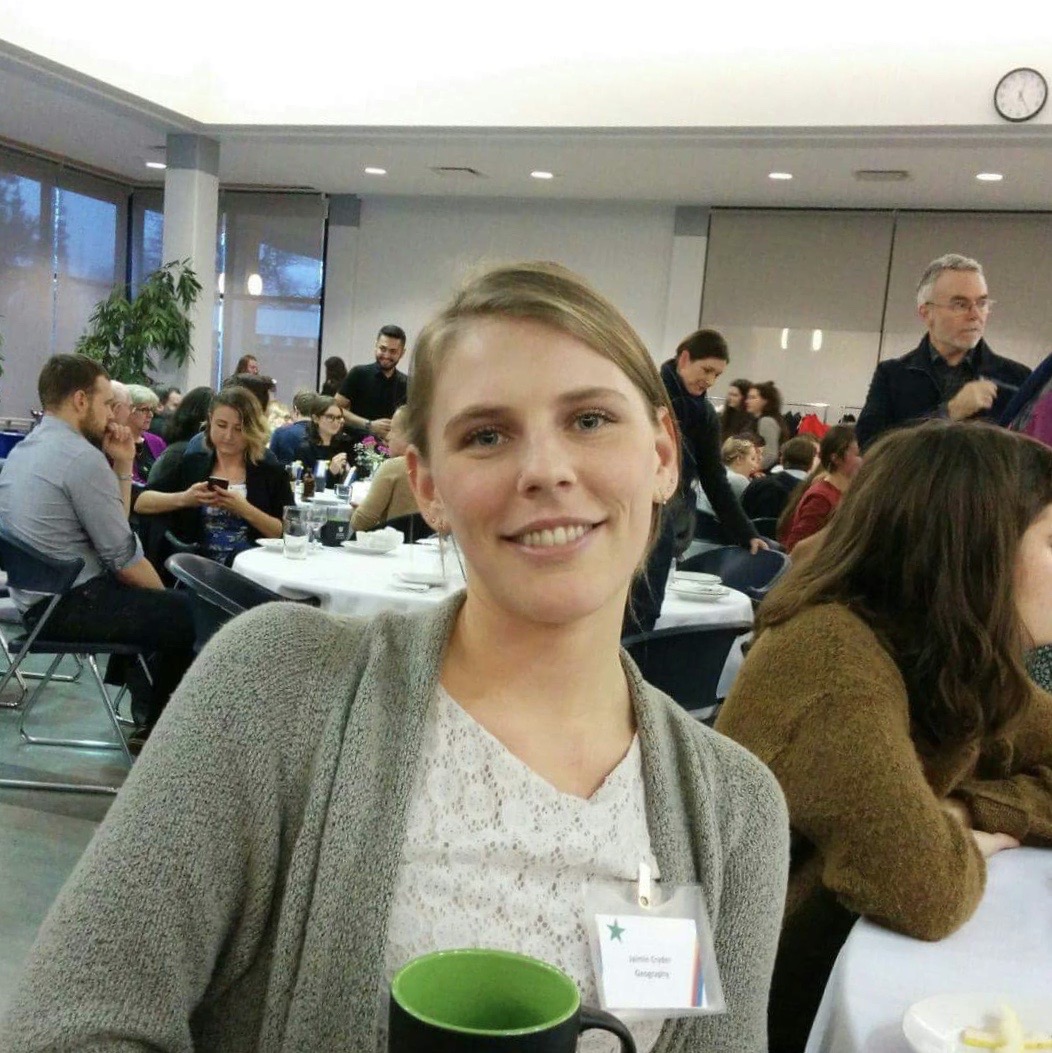
Jaimie Cryder
Jaimie’s research explores the role of small and medium-sized enterprises in urban sustainability transitions with a focus on processes of innovation, entrepreneurship, urban governance and urban food system dynamics. Jaimie also completed the Collaborative Specialization in Environmental Studies. Through her work, Jaimie is interested in supporting the transition to more sustainable food systems. Jaimie is currently leading the Organic Council of Ontario’s Climate Action and Awareness Fund Campaign. Jaimie’s work aims to support the uptake of climate-friendly practices on Ontario’s farms.

Julie Han
Julie is a second-year master's student in Human Geography with a collaborative specialization in Development, Policy, and Power through the Department of Global Development Studies. Her research interests concerns labour, technology, and finance, specifically how information and communications technologies are impacting property and work relationships in the Global South. Her dissertation project investigates the impacts of Uber's embedded finance experiments on labour outcomes in India, as well as emerging development discourses in the nascent FinTech sector. She was also a research assistant for the Mobilizing Justice Project and the editorial assistant for COVID-19 and Similar Futures: Pandemic Geographies (Springer 2021).
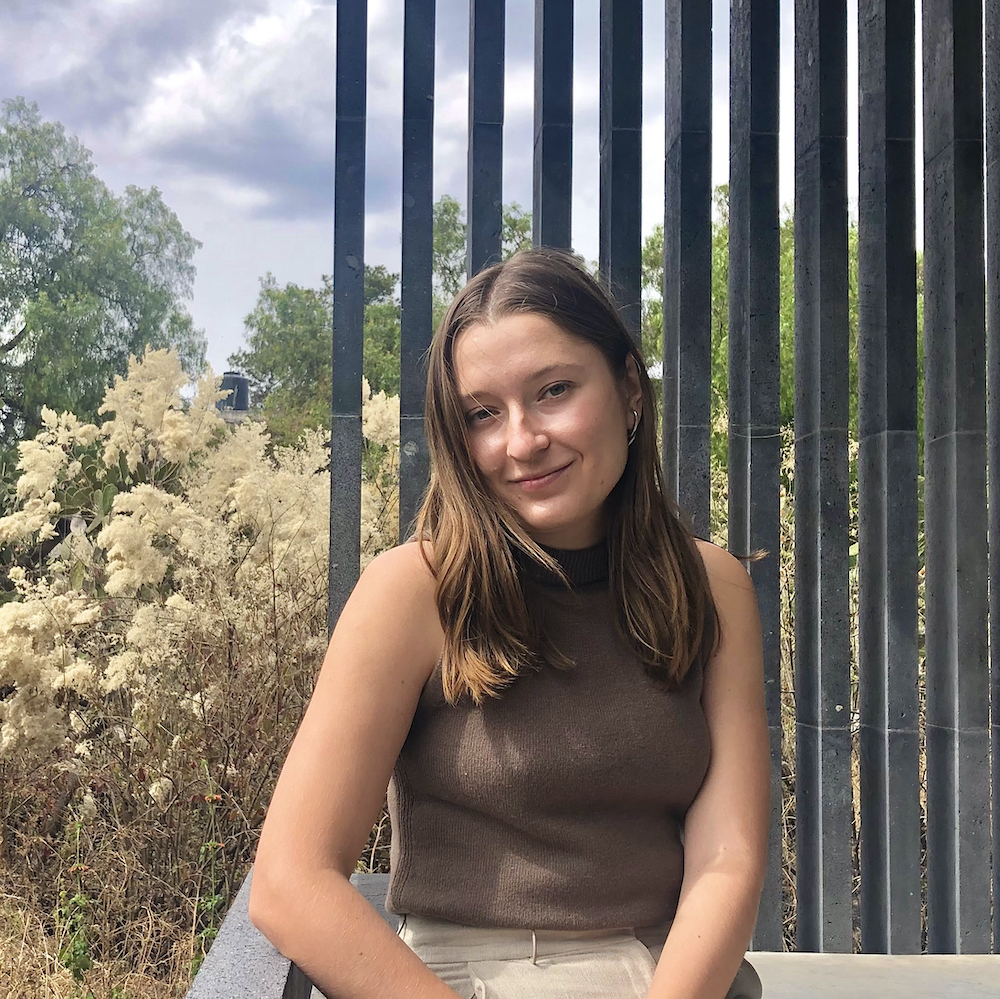
Lidiya Beida
Lidiya's interests include Latin American political ecology, artisans and multispecies interactions. Her research focuses on handicraft producers in the Amazonian region of Ucayali, Peru; specifically, how rural Amazonian artisan livelihoods are shaped by gender, traditional and/or local ecological knowledge and forest species abundance. Lidiya's project seeks to better understand the dynamics between cultural continuity and changing tropical biodiversity.

Lily Ziyue Zhang
Lily Ziyue Zhang is a Ph.D. Student interested in the subfields of health and urban geography. Her Supervisor is Dr. Vincent Kuuire from the Department of Geography, Geomatics and Environment, University of Toronto Mississauga. She is also completing a Collaborative Specialization in Global Health (U of T Global Scholar) through the Dalla Lana School of Public Health.
Joseph A. May Scholarship
Created in honour of the late Professor Joe May, this award is given to an outstanding graduate student who has approached the study of one or more of the following fields from a qualitative rather than quantitative perspective: history and philosophy of geographic thought; historical geography; social and cultural geography; geography of Canada.

Lakshmi Soundarapandian
Lakshmi is a first year MScPl student exploring equity-driven real estate development and urban design. Through opportunities to live and study in cities across the world, Lakshmi became passionate about investigating how cities can learn from each other and function more sustainably. Now, Lakshmi has centered her learning in understanding land use, spatial analysis, and urban design in relation to diasporas, cultural placemaking, and community engagement. She hopes to work in urban and real estate development to create built environments that reflect local and global values. Lakshmi is currently a Research Assistant for Dr. Lindsay Stephens, investigating solutions for challenges in accessibility and accommodations faced by students in healthcare fields. She additionally serves as a Planning Alumni Committee Representative in GGAPSS. Lakshmi is also an Indian Classical dancer and the Co-Founder and President of a Vancouver-based non-profit for dance, Aṣṣa Alliance.

Lauren Foote
Lauren Foote (she/her) is a first-year graduate student in the MScPl program and she is in the environmental concentration. She currently serves both as the 2021-22 VP Internal for GGAPSS and as a board member on the Toronto Transportation Commission’s Advisory Committee for Transportation. Lauren combines her love of environmental conservation and her passion for disability justice and transportation in both her professional and academic life. Currently, she interns as an Operations and Service Planner for Metrolinx, is a Teaching Assistant for an undergraduate environmental course called Biogeography, is an Invigilator for Persons with Disabilities at UofT’s Accessibility Services Centre, and she researches strategies to incorporate environmental justice requirements into planning and policy for children with disabilities at Holland Bloorview Research Institute.
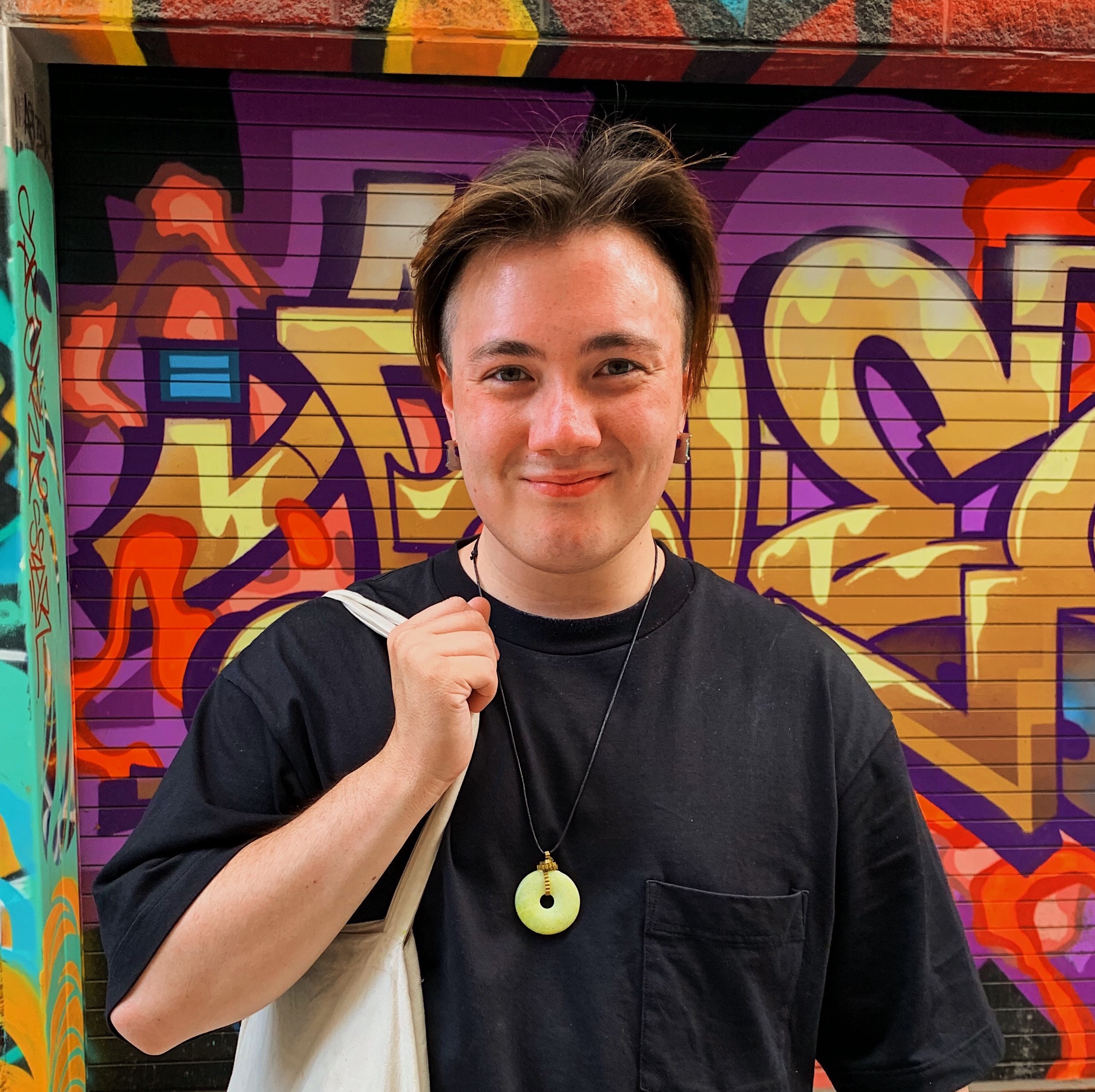
Thomas Elias Siddall
Thomas Elias Siddall (they/them) is researching how contemporary art spaces in 'post-Cold War' China and Taiwan coordinate and distribute affects, inaugurating the contemporaneity of certain social worlds while generating a queer refuse whose cross-strait organizing unsettles teleological assumptions of the Cold War's end. They are generally interested in the intimate scales of infrastructure projects, logistics and circulation as they assemble, bend, break and mend daily life’s phasing in/with/out of the global structure of war and variegated tempos of slow death.
Joseph A. May OSOTF Scholarship
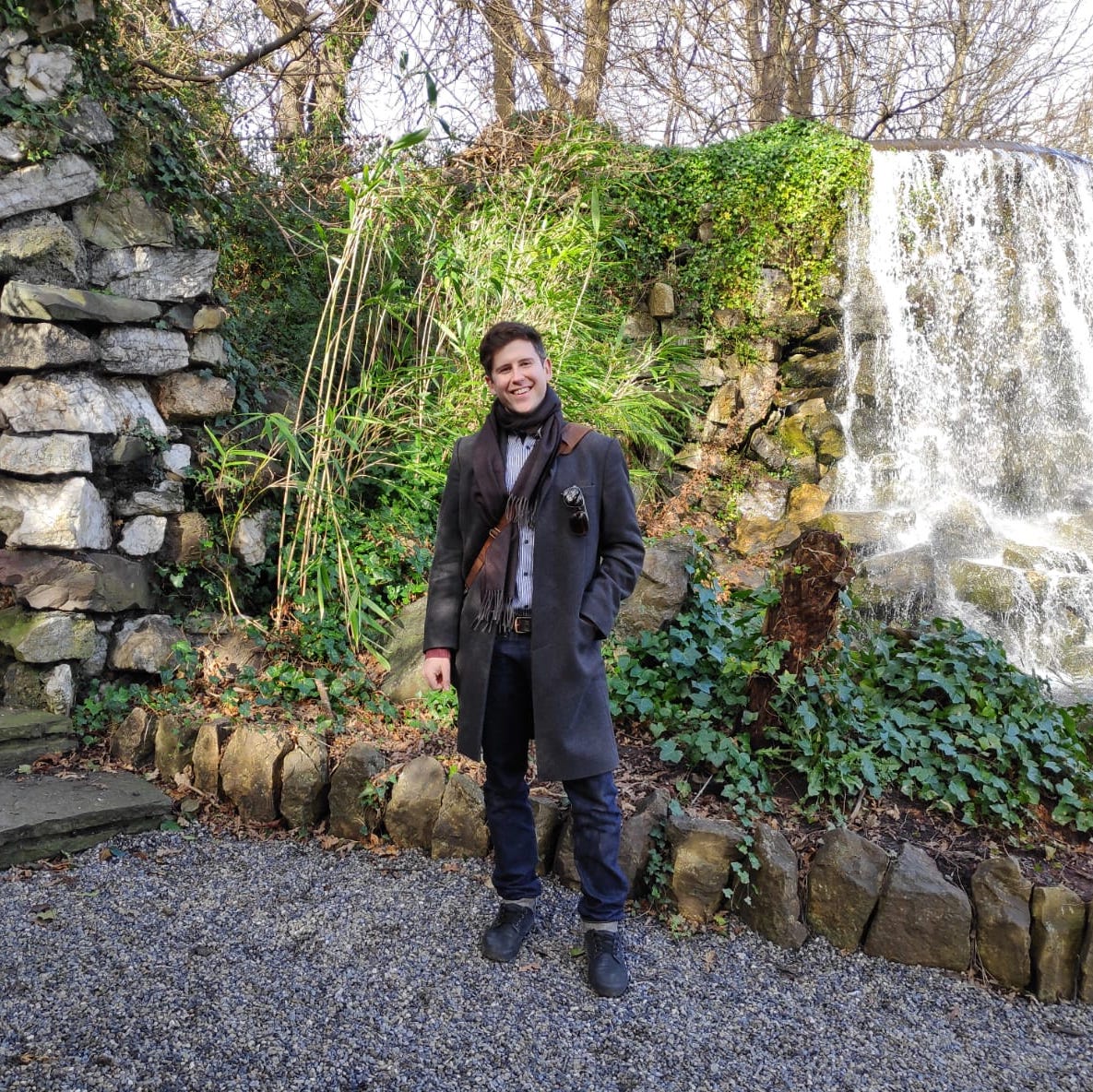
Michael Lawler
Mike's research interests are varied and include street food vending, urban space, and informality, diaspora communities and their related foodways, institutional food provisioning, matters of food sovereignty and community engagement, as well as the transmission of culinary knowledge between generations and across space. Outside of school, he has managed multiple farmers’ markets throughout Toronto, led international experiential education programs based on food and agriculture, cooked professionally, led historical food tours, and been involved with a range of NGOs and community organizations.
Oscar J. Marshall Graduate Fellowship
This award is given to a graduate student enrolled in a program in geography. Preference is given to students who are doing graduate work in the field of Geographic Information Science/Land Information Systems/ Geomatics/Remote Sensing.
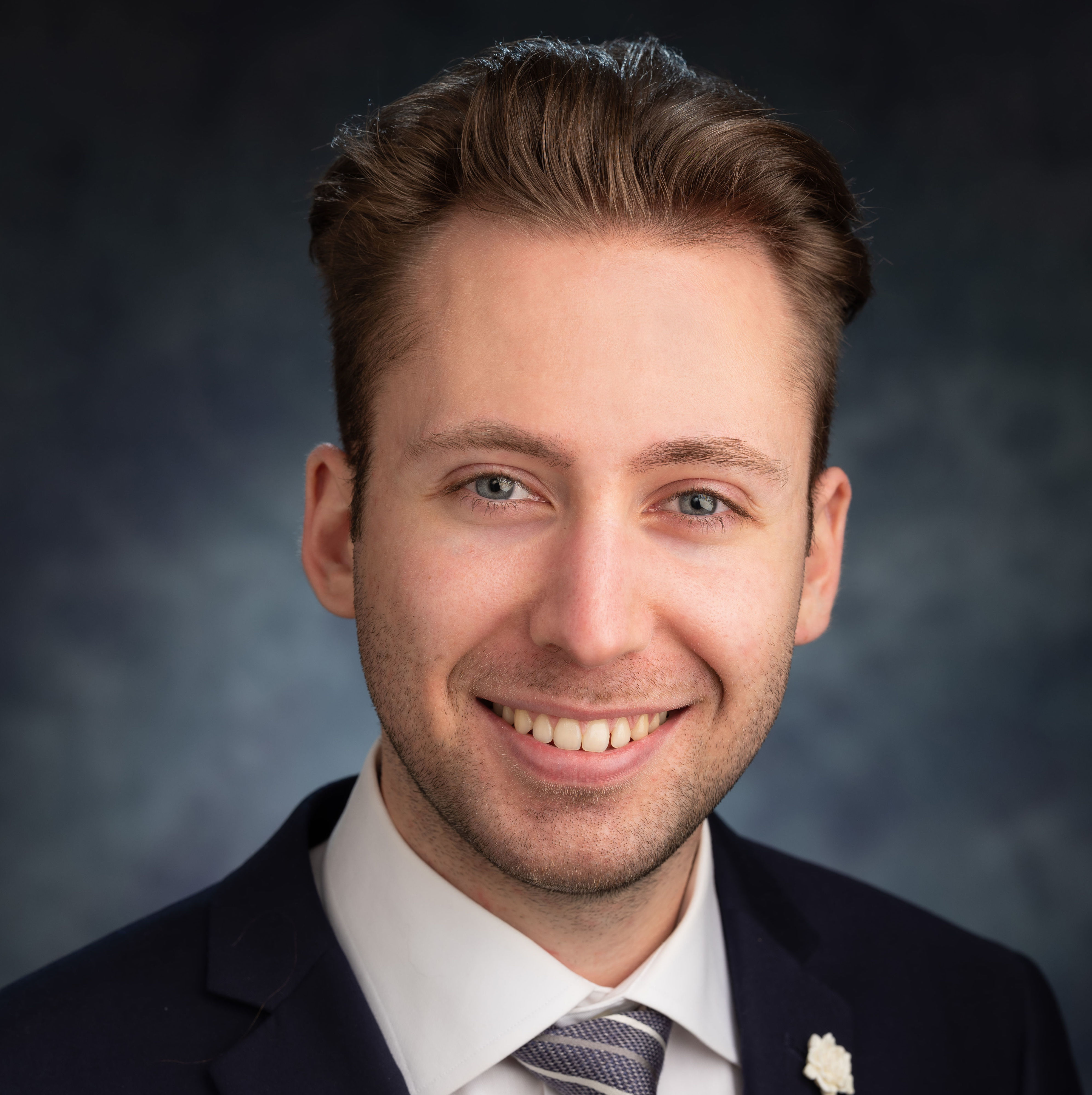
Daniel Nelson
Daniel is a MSc physical geography student with a background in remote sensing and GIS techniques combined with a deep knowledge of natural sciences, in particular soil sciences, biogeochemical cycles, and cold region hydrology. He previously completed his undergraduate thesis in remote sensing and focused on using machine learning to classify wetlands in the Central Yukon. Daniel’s current research focuses on using machine learning to quantify the drivers of forest fire severity, and post-fire recovery in the forested ecozones of Canada. This research aims to provide Canadians with a greater understanding of the complex factors that have contributed to recent forest fires.

Jiye Leng
Jiye is a second-year Ph.D. student in physical geography. Their research focuses on the carbon cycle and climate change, using flux measurements, terrestrial ecosystem models, and remote sensing techniques. Specifically, Jiye is committed to investigating how forest ecosystems respond to global warming and increasing atmospheric CO2 concentration, from the perspective of carbon and water cycles. He hopes that with the development of earth observation systems, sensors onboard satellites can provide pathways for scientists to better understand this blue planet.

Priya Patel
Priya Patel is a graduate student in the Department of Geography. Her research interests are focused on the use of satellite remote sensing data in the modelling of urban air pollution and microclimates. She is currently working with the City of Toronto and the City of Hamilton to model high resolution air pollution across each city to better understand how air quality has changed during the COVID-19 pandemic.
Royal Bank Graduate Fellowship in Public and Economic Policy
To be awarded to graduate students undertaking a course of study in the general area of public/economic policy. The award is given on the basis of academic merit and financial need.
Alycia Doering
Alycia Doering is completing her Master of Science in Planning with a focus on social policy and urban design. Her place-based work emphasizes the connections between culture, community, race, and affordable space from an intersectional social justice lens. She is driven to investigate social policy and community-based mechanisms that can support places which embrace a sense of place, identity, and belonging. More specifically, Alycia’s final research project, titled Future Diasporas, aims to celebrate and amplify the stories of racialized diasporic artists as they reconcile with their past, negotiate the present amid unaffordable urban landscapes, and make space for just and flourishing futures. She is grateful to be supported by exceptional team members in developing projects on public washrooms, winter placemaking, and reimagining music venues– all projects that take a future forward direction.

Anton Yu
Anton Yu is a first-year MSc Geography student. He completed his undergraduate degree majoring in Geomatics with a minor in Computer Science and has previously worked as a GIS analyst in both the public and private sectors. Motivated by his experiences as an undergraduate, Anton decided to pursue research focusing on using GIS to analyze urban form and urban transportation. As urban populations continue to grow, the way cities are laid out and how people travel through a city becomes more important. Anton’s goal is to eventually use his research to improve city and transportation planning.
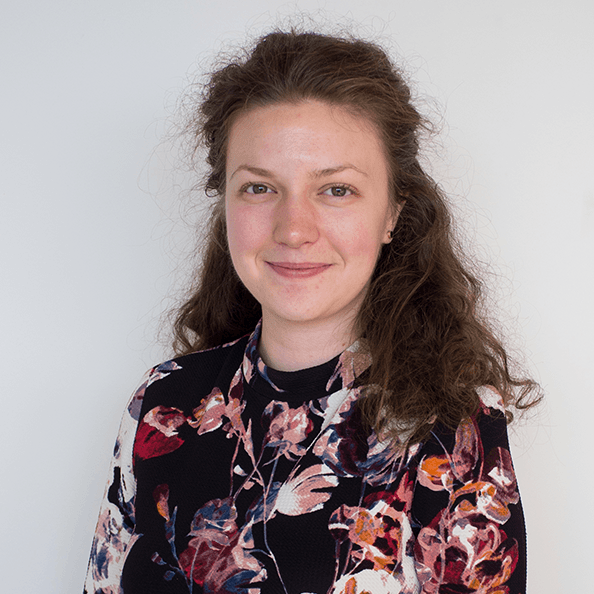
Emily Power
Emily Power is a student in the Master of Science in Planning program. Her master’s thesis looks at tenant dispossession and landlord accumulation under COVID-19 in Toronto, by tracking the expansion of financialized landlord holdings and analyzing rates of rent arrears and evictions. Emily is a graduate student fellow with the U of T Mobility Lab, doing research on transit-induced gentrification and displacement resulting from Hamilton’s light rail transit project. She is also a research assistant with the Affordable Housing Challenge Project, led by Dr. Susannah Bunce and Dr. Alan Walks. Under the supervision of Dr. Walks, she is doing research on Canadian public sector pension fund investments in rental housing. Emily is active in tenant organizing in Hamilton where she lives.
The Griffith Taylor Scholarship in Geography
The Griffith Taylor Scholarship was launched at the Department of Geography’s 70th Anniversary luncheon. This award is presented to an outstanding graduate student in the Geography or Planning Program.
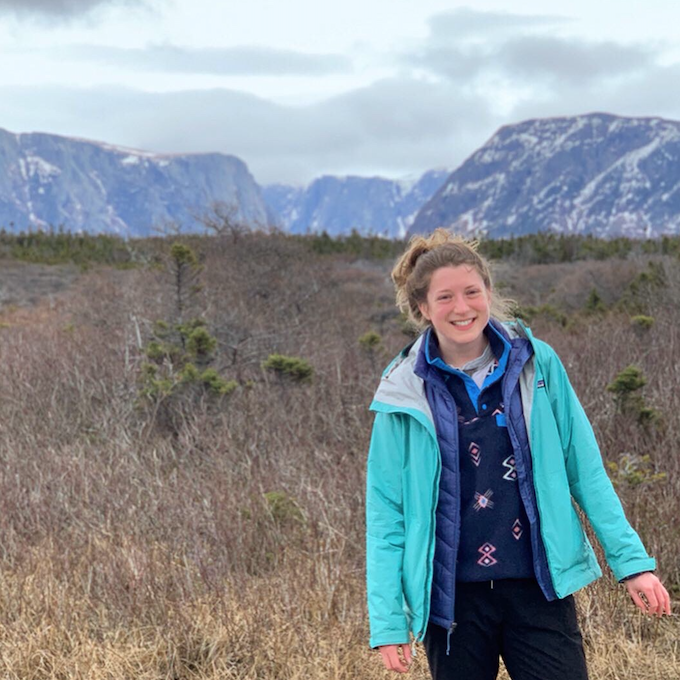
Charlotte Corelli
Charlotte is a second year MA Geography student. Her research focuses on whether or not current Federal Government planning policies interfere with, or support, Indigenous planning, specifically within the contexts of climate adaptation.
Her main research interests include anti-colonial planning, climate change adaptation planning, climate education, and access to education in urban centers. She is a recipient of a CGS-M award, and previously completed her Bachelor of Arts degree in Geography and History, and Bachelor of Education degree with a focus on Aboriginal Teacher Education, at Queen's University.


